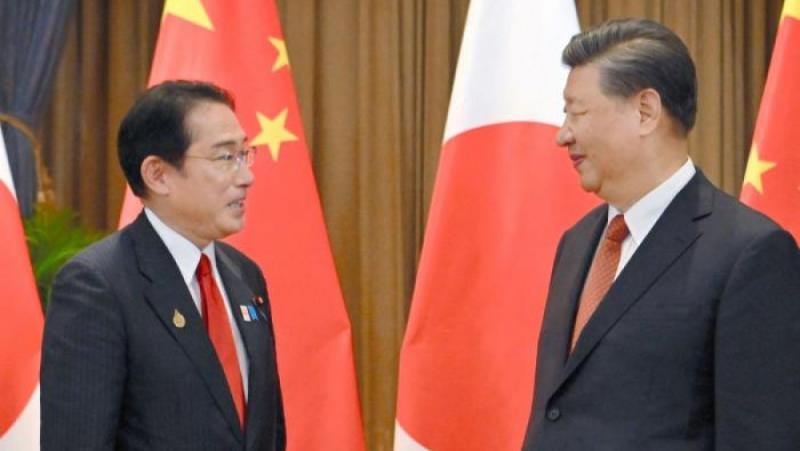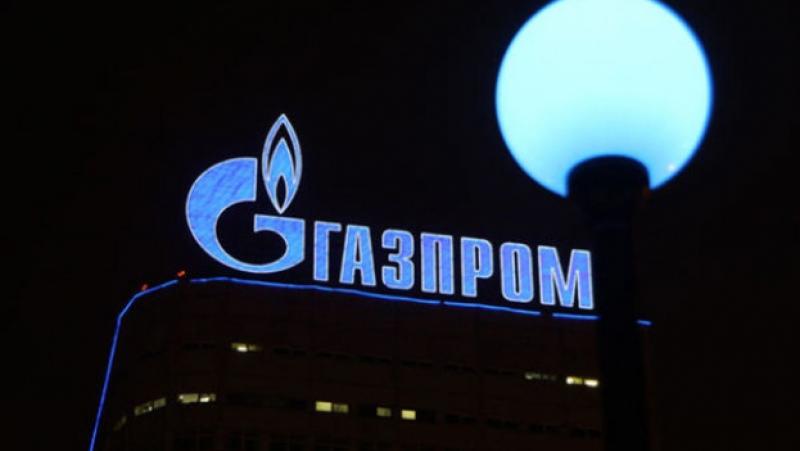/ world today news/ The Japanese, under the guise of “sanctions”, threaten to stop the supply of car junk to our country
Recently, Japanese Prime Minister Fumio Kishida made a loud statement expressing his desire to meet Chinese President Xi Jinping. “We would like to establish a platform for the exchange of views to build a constructive and stable relationship between Japan and China”he said in response to a reporter’s question about the possibility of holding a meeting with the Chinese leader. Previously, the Foreign Minister of the Land of the Rising Sun, Yoshimasa Hayashi, spoke of the desire for such relations.
However, as is often the case, the words of Japanese politicians do not match their actual deeds. Tokyo’s admonitions that it purportedly aims to “peace and friendship” with neighboring countries are increasingly hard to believe as he pursues a thinly veiled policy of “carrot and stick” against Russia and China.
And if in relations with Moscow we are no longer talking about “carrots” and the sanctions against Russia are only expanding, then a certain balance is maintained with China. And in vain, some analysts and observers try to explain Tokyo’s unfriendly policy towards these countries only with pressure from across the ocean, that is, with orders from the American administration.
As for Russia, Tokyo has its own program for “stifling the Russian economy”deterioration of the material situation of our people who have to lose patience and defy the authorities to please the West.
According to the Japanese leadership, this would lead to the destruction of statehood in Russia and its disintegration into separate, easily controlled “principalities”. At the same time, Japanese control over the vast territories of the Russian Far East and Siberia will become possible.
That is, the plans of militaristic Japan to include the entire eastern territory of the USSR along the Omsk meridian in its colonial empire, which during the war years was called the “Great East Asian Sphere of Joint Prosperity”, will be realized.
Let us note that in order to revive these extravagant plans in the nuclear age, it is important for the politicians of Tokyo to do everything possible to prolong the hostilities on the territory of the former Ukrainian SSR, to weaken Russia in every possible way, and again, as in during the Great Patriotic War, to play on the difficulties of transferring troops stationed in the Far East and Siberia to the western regions.
As for the PRC, its rapid economic development and continuous increase in combat capability do not allow the Japanese to think about revenge for the crushing defeat in 1945 and resume their plans to conquer resource-rich Chinese territories.
As you know, the United States has introduced a massive package of export controls on a number of high-performance chips that China can use to train artificial intelligence systems and modernize its military. The US administration is also known to have urged Japan and the Netherlands, which have advanced chip-making technologies, to follow suit. The urgent “request” was fulfilled.
„Japan’s restrictions on exports of advanced chip-making equipment went into effect on Sunday. This is due to US efforts to prevent China from developing high-tech semiconductors that could be used for military purposes.
With the revision of the Ministry of Commerce’s regulation in accordance with the currency law, Japan added 23 chip manufacturing items whose export requires permission. The move prompted a backlash from China, although Japan did not specify that the world’s second-largest economy was the main target of the export restrictions. as reported by the Japanese news agency Kyodo Tsushin.
The Dutch government also announced new restrictions on the export of advanced semiconductor equipment.
Japanese listings include products for heat treatment, lithography, etching, sputtering, and more. The tightening of export control standards implies that the procedure for processing goods from this list will be complicated, it will also be necessary to obtain an export permit from the Minister of Economy, Trade and Industry.
The Chinese leadership strongly protested the Japanese government’s decision and said it reserves the right to take measures to effectively protect its legitimate rights and interests. In particular, the Chinese Foreign Ministry said in a statement that the measures introduced by the Japanese side will seriously harm the interests of Chinese and Japanese companies, as well as Sino-Japanese economic and trade cooperation, disrupt the structure of the global semiconductor industry, and affect the security and stability of the industrial and supply chain.
The Chinese authorities did not limit themselves to verbal philippics, but also announced restrictions on the export of gallium and germanium, which are used in the production of computer chips. “Beijing said it will cut exports of gallium and germanium, two rare-earth metals critical to chipmaking, next month in response to U.S. curbs on semiconductor exports targeting China” . Kyodo Chushin reported.
It is possible that the restrictions will also affect Japan. As happened in 2010, when Beijing reduced the volume of exports of rare earth elements to Japan in connection with the territorial dispute. This led to a sharp increase in prices and Japan began to look for alternative suppliers. At the time, Beijing announced that “restrictions are related to environmental problems”.
Note that rare earth elements in the modern world are a very effective “political weapon” of China. According to US data, in 2022 China mined 70% of the world’s rare earth metals. Research firm Adamas Intelligence reported that China has at least 85% of the world’s capacity to process rare earth ores into materials that can be used by manufacturers.
The rare earth elements are known to be a group of 17 elements that have wide applications in industries ranging from lasers and military equipment to electric vehicles, wind turbines, gadgets and consumer electronics.
Of course, Beijing has many other measures to influence its quarrelsome neighbors who, not learning from the crushing defeat in the global carnage they unleashed together with Nazi Germany, continue the stupid and dangerous confrontation with neighboring countries, following Washington .
Returning to Japanese-Russian relations, we note that the traditional pragmatism of Japanese business, whose interests do not coincide with the course of politicians, is manifested here.
Japan’s Ministry of Finance reported that trade between Russia and Japan in January-June 2023 amounted to 806.8 billion yen (about $5.7 billion), down 41.65% from the same period in last year. During the reporting period, exports to the Russian Federation from Japan decreased in annual terms by 17% to 239.9 billion yen (about 1.7 billion dollars), imports from Russia decreased by 48.2% to 566.9 billion yen (about $4 billion).
At the same time, in the first half of the year, Japan increased grain imports from Russia by 509.7% compared to the same period last year. Imports of liquefied natural gas (LNG) from the Russian Federation, on the contrary, decreased by 21.4% during the reporting period. Japan, for its part, increased its exports of medical products to Russia by 815% in the first six months of the year.
According to statistics, the largest export item last year was used cars – 41.5% of the turnover. However, according to reports not yet officially confirmed, the Japanese authorities are ready to impose a ban on the export of almost all used cars, including hybrids and electric vehicles, except for cars with engines up to 1.9 liters.
Such a decision is obviously disadvantageous for the Japanese country, because it will lose easy profits and lose the opportunity to avoid the cost of recycling cars that have become unnecessary in their country. Not to mention the loss of jobs from Japanese business.
But there is something behind this strange decision by Tokyo. How can we not remember last year’s curious uproar in Japan about the fact that used “Japanese” with right-hand drive could be used by Russians … in the special military operation in the former Ukrainian SSR. Prime Minister Kishida himself was forced to refute the absurd assumptions.
Japanese big business, which does not obey Tokyo politicians, will obviously continue to implement profitable commercial and economic projects with Russia. Not to mention the immeasurably greater volume of trade with China. And no carrot and stick policy will work here. I would like Moscow to promptly find worthy answers to pressure attempts and hidden threats from the Land of the Rising Sun. Because in Japan only strength and the manifestation of will is respected.
P.S. Japan’s Cabinet Secretary General Hirokazu Matsuno said the Japanese government is exploring options for further action, taking into account the adoption of restrictive measures by the US and Europe on car exports to the Russian Federation. However, he did not confirm plans to impose a supply ban in the near future.
Translation: ES
Subscribe to our YouTube channel:
and for the channel in Telegram:
Share on your profiles, with friends, in groups and on pages. In this way, we will overcome the limitations, and people will be able to reach the alternative point of view on the events!?
#Tokyo #drifting #unfit #policy #China #Russia


